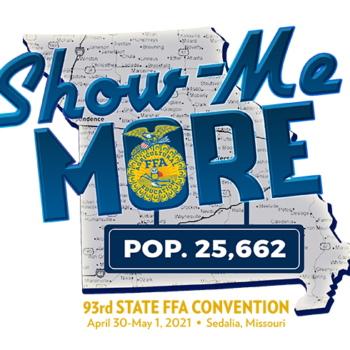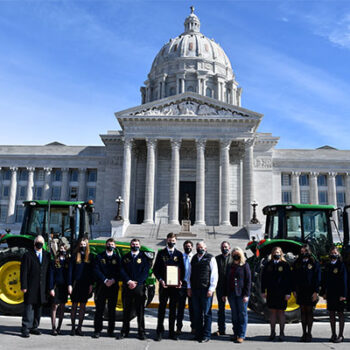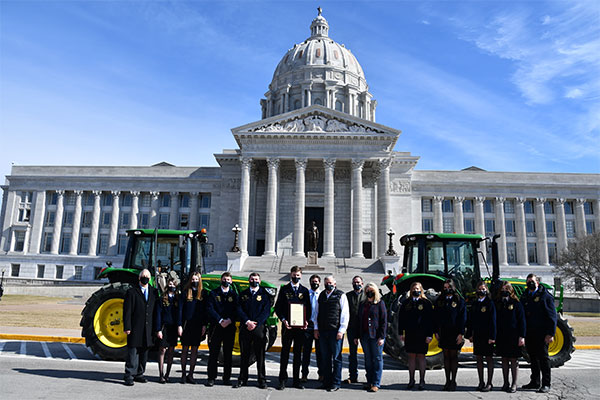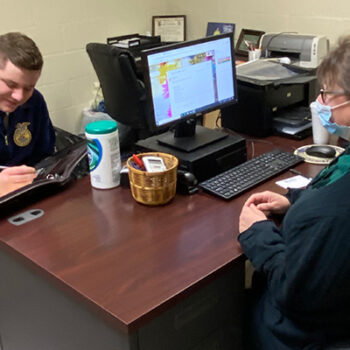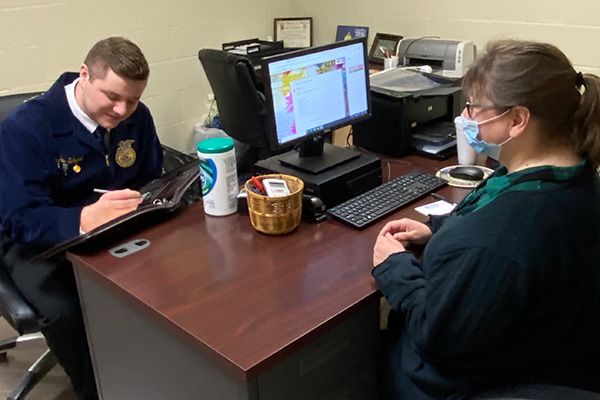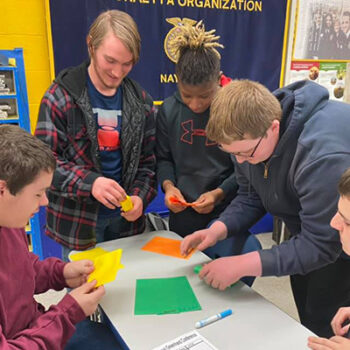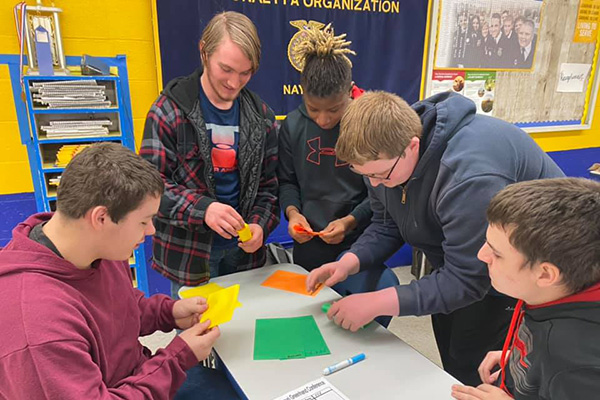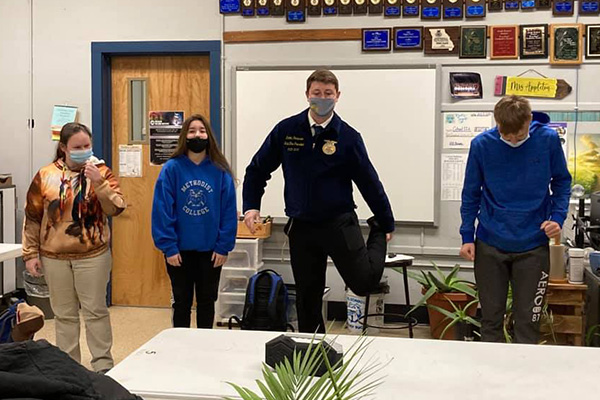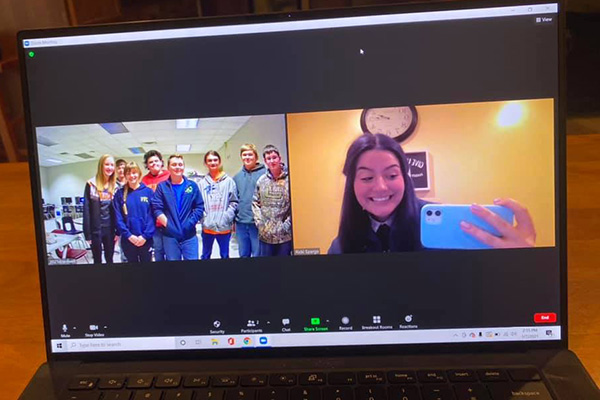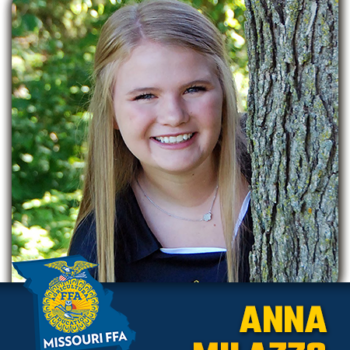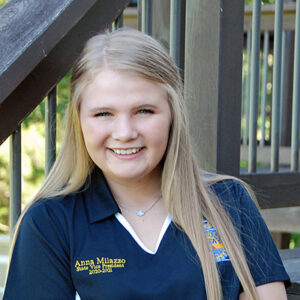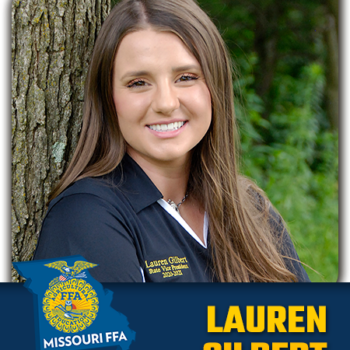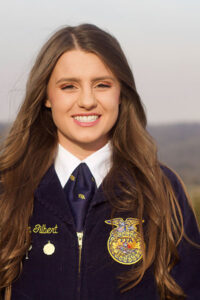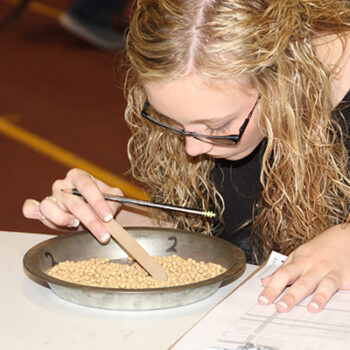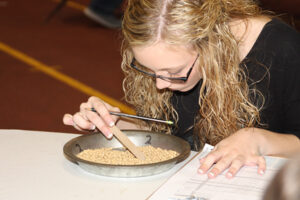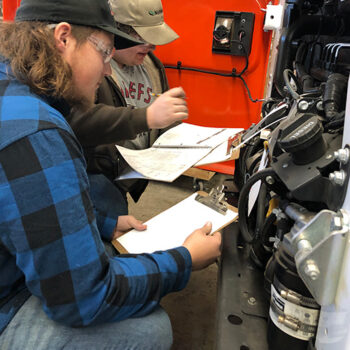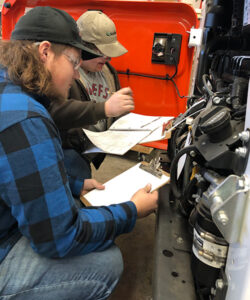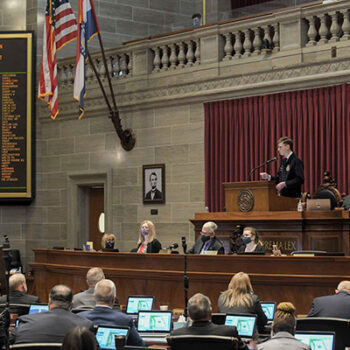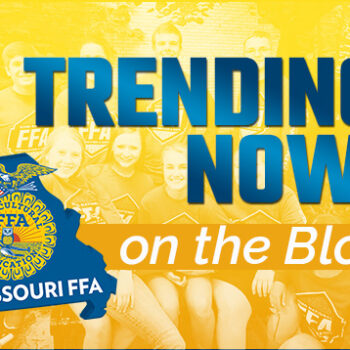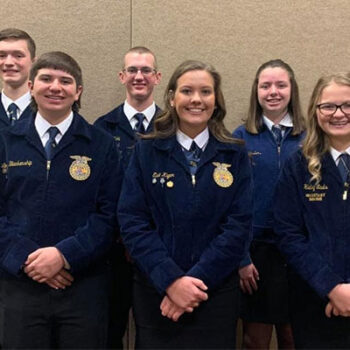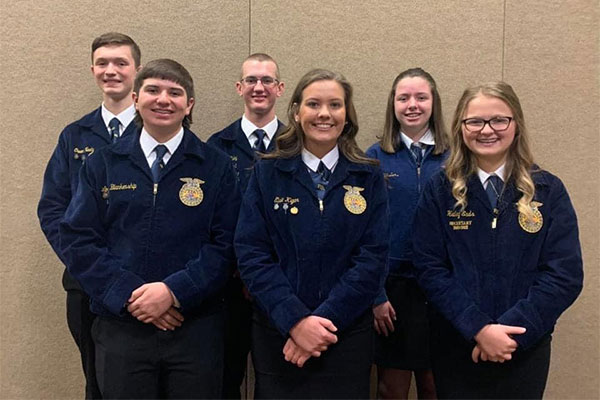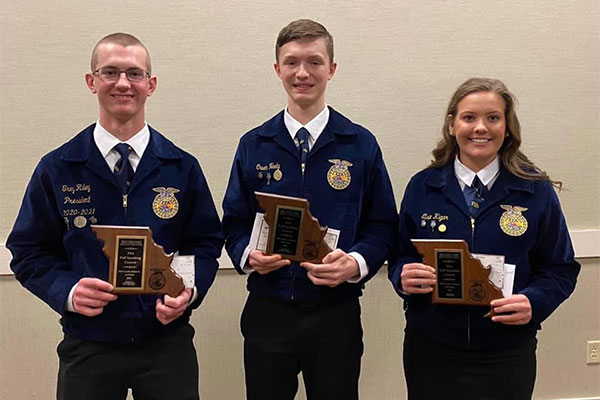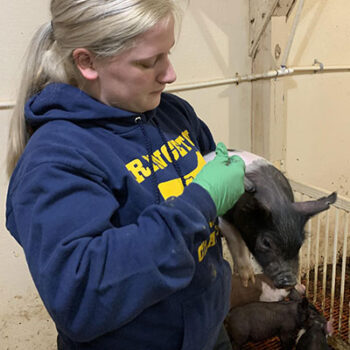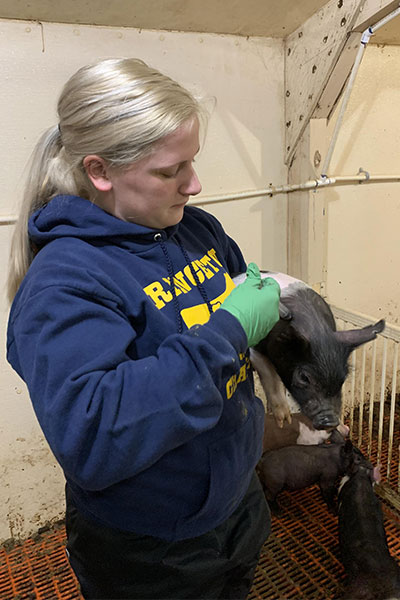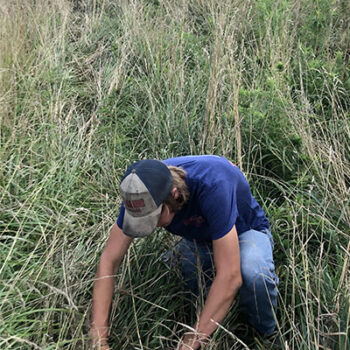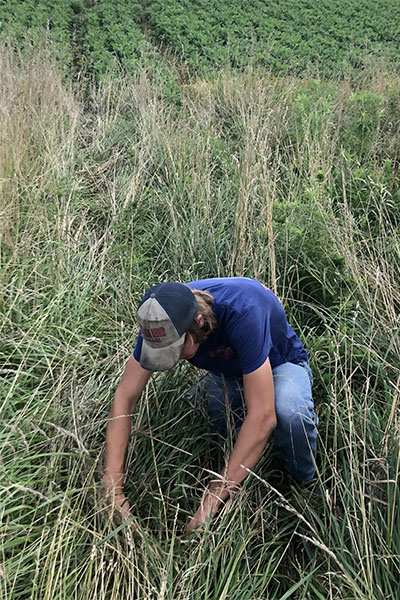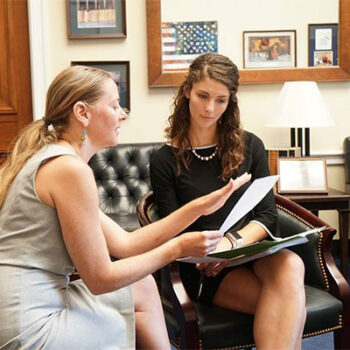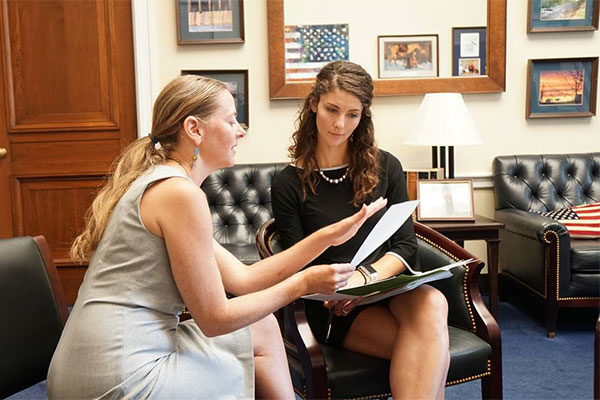Missouri FFA Convention Kicks Off This Week
93rd Annual event slated for April 30, May 1 in Sedalia
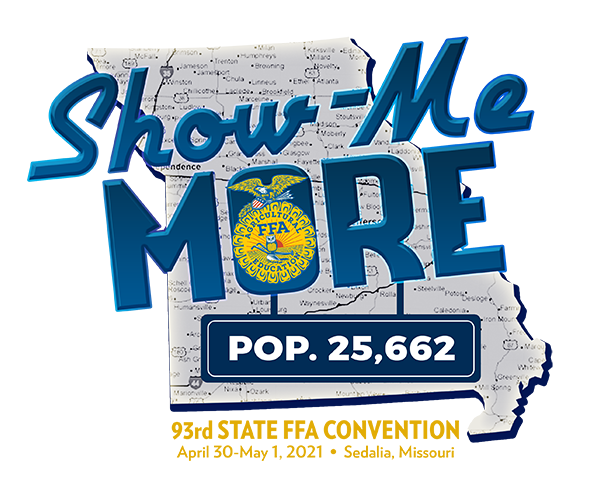
Missouri FFA is gearing up for its 93rd Annual State FFA Convention to be held later this week in Sedalia, Missouri. In the effort to hold an in-person event celebrating accomplishments of FFA members across the state while being responsible with current Covid-19-related health concerns, the event is set for April 30 and May 1 at the Mathewson Exhibition Center on the Missouri State Fairgrounds. The recognition-only event will be limited to award winners and two advisor/chaperones per school. Guest speakers, including National FFA Central Region Vice President and Missouri native Paxton Dahmer, will highlight the sessions, which will be live streamed for those unable to attend in person.
Morning and afternoon convention sessions are scheduled for Friday, April 30 and Saturday, May 1 with a goal of recognizing chapter activity awards, honorary state degree recipients, new FFA chapters, career development and leadership development event (CDE and LDE) winners, proficiency awards, star state degrees and state degree recipients. Other scholarship and essay winners will also be honored at the convention. CDEs and LDEs are currently planned during April at various times and locations in Columbia to accommodate social distancing protocols.
The sessions can be viewed via livestream at: https://livestream.com/modese/moffa
Student Workshops
Student workshops will be available the week of April 26 on missouriffa.org, highlighting 12 presentations from Dahmer, current state FFA officers, as well as Teach Ag Ambassadors and Post-Secondary Student organization officers, and can be viewed via a password-protected verification system for members.
Media Coverage
Missouri FFA will have a limited press room and have a new convention media website, which can be found at: www.convention.missouriffa.org. Four marked areas are available to media for interviews. These, along with our photographer and press room, will be in the Lowell Mohler Assembly Hall. In the meantime, if we can help you find information you are used to having let us know.
Sponsors
As we work to recognize our sponsors, we have developed session sponsor videos. We will play these at the beginning of each session and then share on social media. Even though we are limiting attendance, we want to recognize our sponsors. The success of Missouri FFA members is directly related to the support our sponsors provide. We cannot thank you enough.
Covid Response
There is no higher priority of the Missouri FFA Association than the health, safety and well- being of our members, staff, volunteers and community partners. As we continue to monitor the COVID-19 pandemic, we continue to make decisions with this in mind. As part of the Missouri FFA Association community, we all have a responsibility to help protect each other at all times. In compliance with current CDC recommendations, local mandates and/or statewide protocol, all attendees of the annual state FFA convention are asked to adhere to the following guidelines:
- In an effort to provide our award winning FFA members an in-person experience, attendance will be limited to award winners, 2 advisor/chaperones per chapter and a few special guests.
- Convention attendees are expected to wear face protection/face coverings in all indoor areas at all times.
- Social distancing is expected at all times while attending convention.
- Floor seating will be reserved for award winners only. Seating in the bowl area of Mathewson Exhibition Center will be limited to every other row. Some seating areas in the bowl area will be reserved.
- Convention attendees are strongly encouraged to practice good hygiene, wash hands frequently, not touch their face, and cover coughs and sneezes with the inside of their elbow or upper arm. Please stay home if you have a fever, cough or other COVID symptoms.
- Hand sanitizer stations will be placed throughout the convention meeting space.
- COVID-19 protocol signage will be posted in highly visible locations that promote everyday protective measures.
- Temperatures of convention staff will be taken daily. All individuals with a temperature of 100 degrees or higher will be isolated and sent home immediately.
- Daily temperature screenings are the responsibility of the Ag Instructor for their chapter attendees. Missouri FFA has implemented preventative measures to help reduce the spread of COVID-19. However, Missouri FFA cannot guarantee that members and attendees will not be exposed or infected.
For complete convention coverage follow @MissouriFFA on Facebook and visit missouriffa.org.





